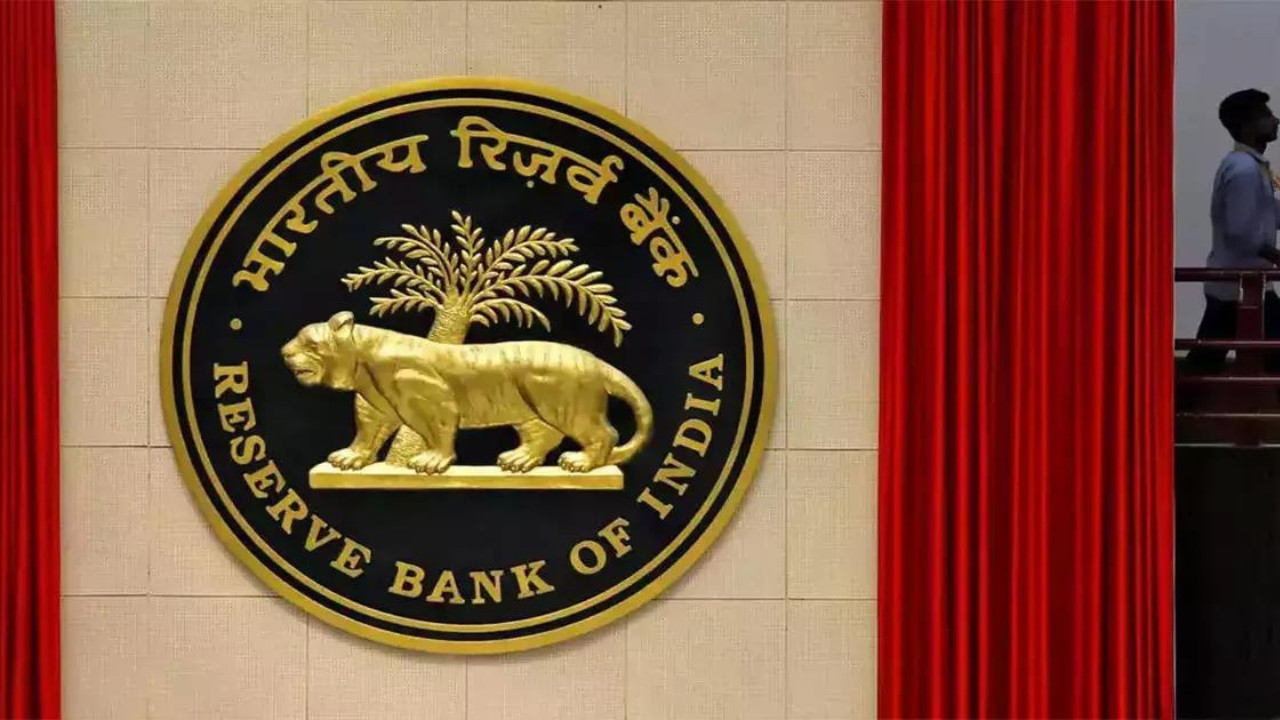The Reserve Bank of India is set to launch a faster cheque clearance system on October 4, 2025. This new system will significantly reduce the cheque processing time. Cheques will be cleared within hours of presentation. The current T+1 day cycle will be shortened. Banks must confirm cheques quickly, or they will be automatically approved.
Faster Cheque Clearing: A Banking Revolution is Here
Remember the days of waiting impatiently for cheques to clear, holding your breath until the funds finally landed in your account? Those days are drawing to a close, thankfully. The Reserve Bank of India (RBI) is ushering in a new era of speed and efficiency with its impending shift to a faster cheque clearing system, effective October 4th. This isn’t just a minor tweak; it’s a fundamental change that promises to streamline financial transactions for individuals and businesses alike.
Say Goodbye to Delays: What’s Changing?
The key to this transformation lies in the adoption of a “continuous settlement” process. Previously, cheque clearing followed a more rigid schedule, with settlements occurring at specific intervals throughout the day. This meant that even if a cheque was deposited early in the morning, you might have to wait until the afternoon or even the next day for the funds to become available.
The new system essentially operates around the clock. Instead of waiting for predetermined settlement windows, cheques will be processed and cleared almost immediately as they are received. Imagine depositing a cheque and seeing the funds reflected in your account within a matter of hours, instead of days. That’s the potential this new system unlocks.

The Ripple Effect of Real-Time Cheque Processing
The benefits of faster cheque clearing extend far beyond mere convenience. For businesses, in particular, this change can have a significant impact on cash flow. Quicker access to funds translates to improved liquidity, enabling businesses to meet their obligations promptly and invest in growth opportunities without unnecessary delays. Imagine a small business owner relying on cheque payments from clients. This change could be a game-changer, providing them with the financial agility they need to thrive.
For individuals, faster clearing means reduced uncertainty and greater control over their finances. Knowing that deposited funds will be available sooner allows for better budgeting and planning. No more anxiously checking your account balance multiple times a day!
Furthermore, this move towards continuous settlement is expected to reduce instances of cheque bouncing. With faster processing, there’s less chance of funds being unavailable due to unforeseen circumstances or delays in other transactions.
Why Now? The Drive for a Digital Economy
This initiative aligns perfectly with the RBI’s broader vision of promoting a digital economy. While digital payment methods like UPI and NEFT have gained immense popularity, cheques remain a significant mode of payment, especially for certain types of transactions and demographics. By modernizing the cheque clearing process, the RBI is ensuring that this traditional payment method remains relevant and efficient in the digital age.
This push for efficiency doesn’t happen in a vacuum. It also strengthens the broader financial infrastructure. By reducing delays and streamlining processes, the RBI is contributing to a more robust and reliable financial system. Consider how digital banking has changed the way we think about financial transactions; continuous settlement aims to bring some of that speed and agility to the still-relevant world of cheques. It complements other initiatives like the e-RUPI, a digital voucher system, aimed at specific-purpose transactions, further strengthening the digital payment ecosystem. Read more about the evolution of digital payments on our blog.
Looking Ahead: A Future of Seamless Transactions
The implementation of this new system undoubtedly requires careful coordination and technological upgrades across various banks and financial institutions. However, the potential benefits are undeniable. As we move towards a more interconnected and fast-paced world, the ability to process financial transactions quickly and efficiently is becoming increasingly crucial. This move to faster cheque clearing represents a significant step in that direction, paving the way for a future where financial transactions are seamless, transparent, and readily accessible to all. The RBI’s commitment to innovation promises a more efficient and user-friendly banking experience for everyone.







